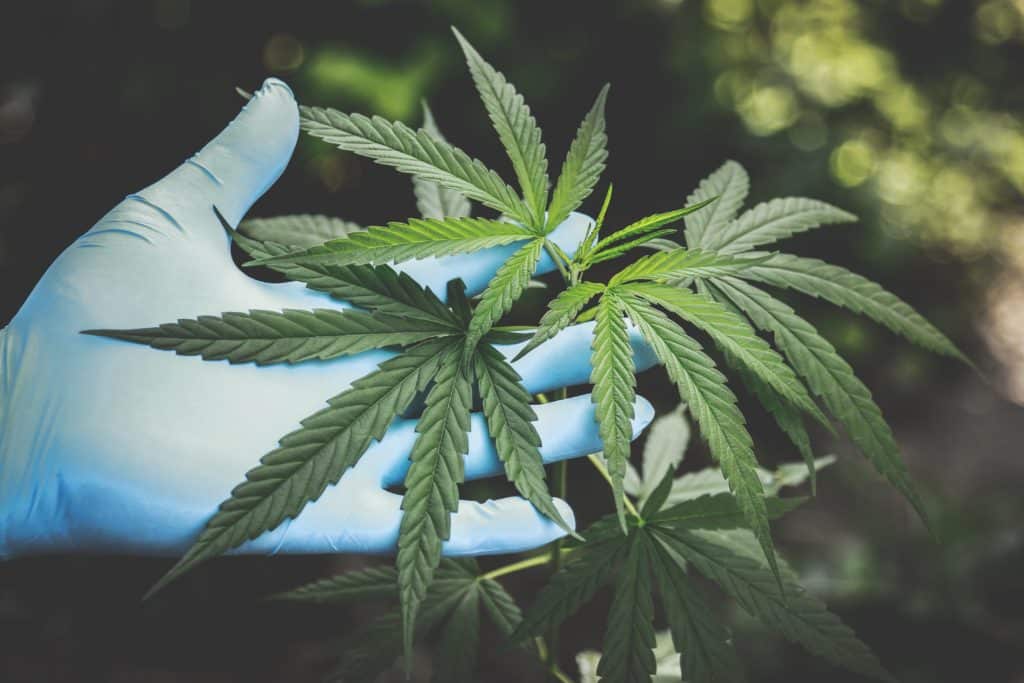With a wave of marijuana legalization sweeping the nation, some patients on Suboxone may wonder how it may affect their medication. Many states now also allow medical marijuana, sometimes permitting it for opioid addiction treatment. How does cannabis interact with medicine for medication-assisted treatment (MAT)? What do we know about medical marijuana and Suboxone? Our guide will answer these questions and more.
About Suboxone and Cannabis
Many patients in MAT use Suboxone, a compound buprenorphine medication, to relieve their cravings and withdrawal symptoms. Buprenorphine satisfies the brain’s need for opioids to help a patient focus on recovery. Suboxone also contains naloxone, a medication that causes withdrawal symptoms when it’s misused. Patients with opioid use disorder can use Suboxone to stay committed to treatment and have a more comfortable recovery.
Marijuana comes from the cannabis plant and contains two primary substances, THC and CBD. When it’s used recreationally, it causes a “high” in addition to psychoactive effects. Some research supports the medical use of marijuana, but experts still have limited data. Researchers don’t know whether the risks of marijuana outweigh the benefits in medical use.
Is Medical Marijuana an Alternative to Suboxone?
Some states that allow medical marijuana also authorize its use for opioid use disorder treatment. Under a doctor’s supervision, it may provide positive effects for someone recovering from an addiction. However, scientists don’t have enough evidence to fully support this idea. Meanwhile, MAT with medicine like Suboxone has demonstrated results with plenty of data supporting its effectiveness.
The Dangers of Using Suboxone and Marijuana at the Same Time
Researchers have little evidence showing how Suboxone and marijuana interact. However, they both are depressant drugs, and could potentially have dangerous side effects when combined such as respiratory depression, coma or even death. While the dangers of combining Suboxone and marijuana are not as significant as using Xanax while on Suboxone, patient should be aware of the potential threat.
Additionally, there is some data showing that cannabis could increase your risk of developing opioid use disorder. Certain studies found that cannabis use could increase a person’s chance of having an opioid addiction. Scientists believe that this trend could have a connection to the way the brain processes dopamine. Both substances impact dopamine levels, so cannabis use could lead to opioid use.
If you decide to use medical marijuana and Suboxone together or replace Suboxone with marijuana, we recommend coordinating your care. Make sure the doctors involved in your Suboxone and medical marijuana treatment know that you take both of these substances. They can provide guidance about how or if these two treatments should be used at the same time, and if so, monitor you for side effects and guide you toward a more effective recovery.
Where to Get Help If You Have Opioid Use Disorder
Patients looking for help with an opioid addiction can visit their nearest treatment center for assistance. Health Care Resource Centers (HCRC) offers judgment-free MAT to people wanting to recover from opioid use disorder. We welcome all patients in New England who want to start an opioid-free life to visit one of our clinics for treatment. You can also contact us for a referral to one of our affiliated centers across the country.
Discover More Resources on Opioid Addiction Treatment
Looking for more information on opioid use disorder and MAT? You can visit our blog for more guides on opioids and addiction recovery. Our team can also help after you complete our online contact form.




